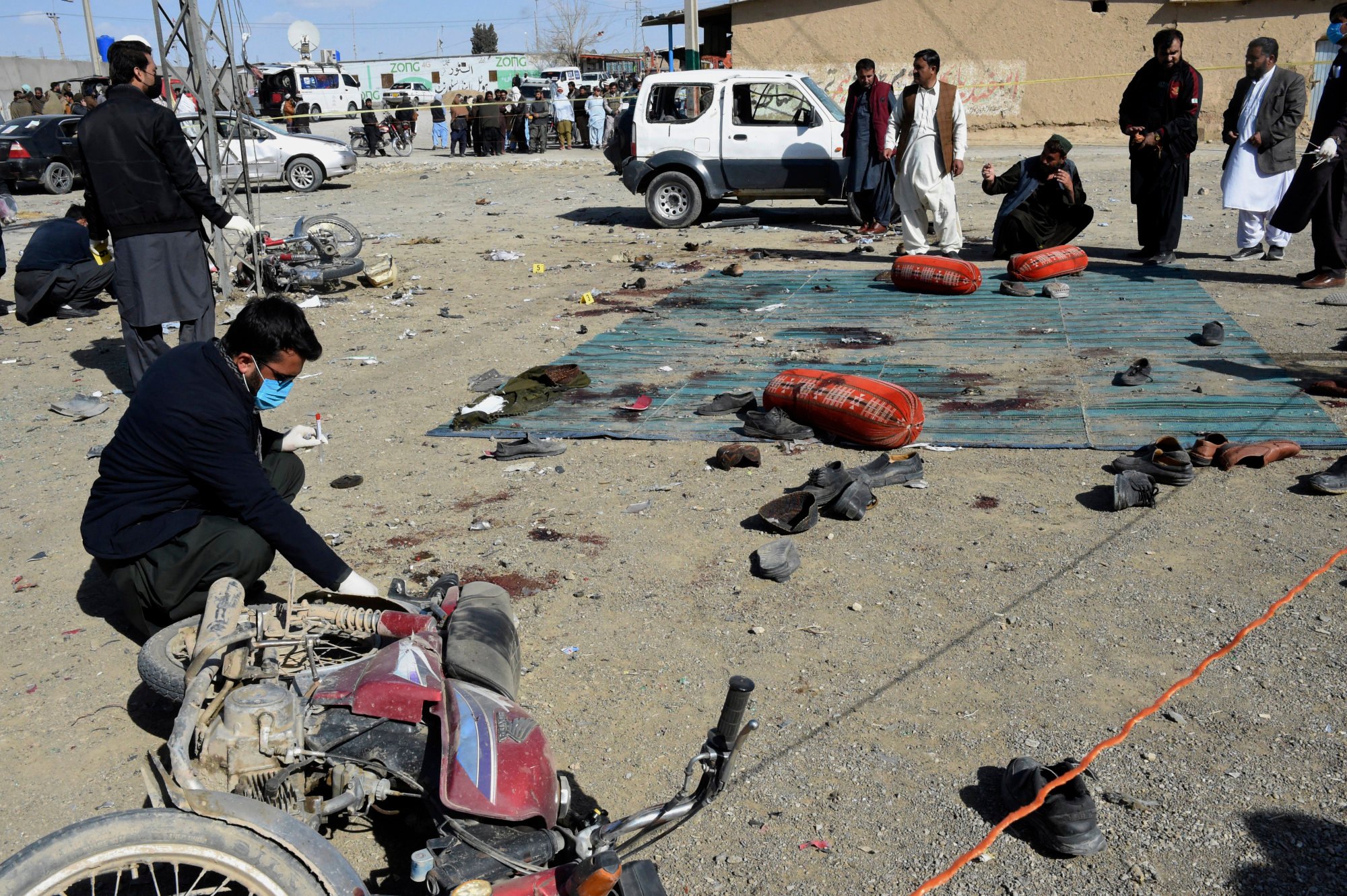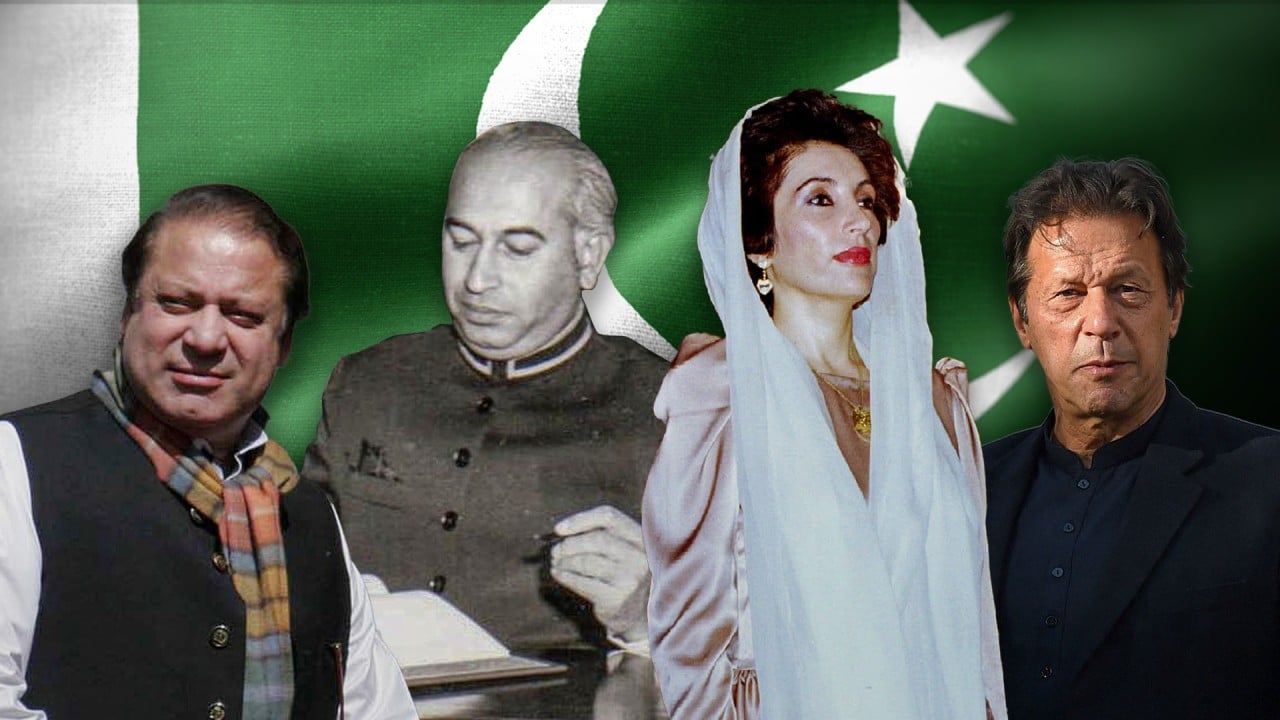Pakistan election: 29 killed, 40 injured after 2 terrorist attacks hit Balochistan, a day before polls
The victims included six security personnel who were guarding the premises.
A second bombing in the nearby town of Qila Saifullah about an hour-and-a-half later targeted the campaign office of the Jamiat Ulema-i-Islam-Fazl (JUI-F), an orthodox Sunni Muslim religious party, claiming 12 more lives and wounding 10 people.
Amid a ‘polycrisis’ can Pakistan election bring stability, normalised India ties?
Amid a ‘polycrisis’ can Pakistan election bring stability, normalised India ties?

“This was expected,” Basit said, due to the resurgence of cross-border terrorist attacks following the Taliban’s seizure of Afghanistan in August 2021.
The Taliban and Isis-K have been engaged in a deadly “sectarian rivalry” since the latter established a foothold in Afghanistan in 2015, Basit observed.
But the JUI-F has also been targeted by Isis-K because it has long been an influential player in Pakistani national politics, he said.
Balochistan women hailed for their sacrifices in Pakistan art exhibition
Balochistan women hailed for their sacrifices in Pakistan art exhibition
It is contesting the general election in alliance with the front-running Pakistan Muslim League-Nawaz party of Nawaz Sharif, who is attempting to become prime minister for an unprecedented fourth time.
So the JUI-F is being targeted by Isis-K “both because of its democratic role and their sectarian rivalry”, Basit said.
Isis-K’s animosity towards the JUI-F turned into a blood feud after armed party activists, who were members of tribal “peace committee” militias backed by Pakistan’s security forces, hunted down, tortured and killed Isis-K terrorists who had infiltrated into the northern Pakistan district of Bajaur from Afghanistan in early 2023.
Isis-K retaliated by launching a suicide bombing attack on a JUI-F party convention in Bajaur last July, killing 44 delegates.
Basit largely discounted the likelihood of Tehreek-i-Taliban Pakistan (TTP) insurgents being involved in today’s attacks, as its ongoing campaign is focused on targeting security forces in the northwestern province of Khyber Pakhtunkhwa. Ten people were killed on Monday in an attack by TTP gunmen on a police station in the city of Dera Ismail Khan in the province.
The TTP pledged not to target election rallies in a statement issued on January 25.
Cross-border attacks by Baloch separatists based in Iran and Pakistan last month sparked an unprecedented exchange of air strikes on rebel hideouts on each other’s territory.
As Pakistan pins murder-for-hire plots on India, is their fragile peace at risk?
As Pakistan pins murder-for-hire plots on India, is their fragile peace at risk?
Baloch militants have escalated their attacks in the lead-up to Pakistan’s general election on Thursday. They launched multiple coordinated attacks in the town of Mach in Balochistan on January 29-30, during which 19 people were killed.
Since then, separatists have thrown grenades at about 20 election campaign offices and candidates across Balochistan.
The surge in attacks in Balochistan and Khyber-Pakhtunkhwa, two of Pakistan’s four provinces, has prompted some politicians to call for the February 8 general election to be postponed.
Following a meeting with top government and security officials on February 1, however, the Election Commission of Pakistan decided to press ahead with the polls.


